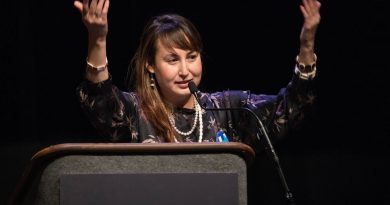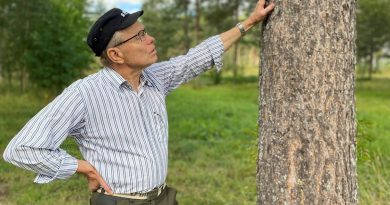Russia shuts down Arctic Indigenous rights group
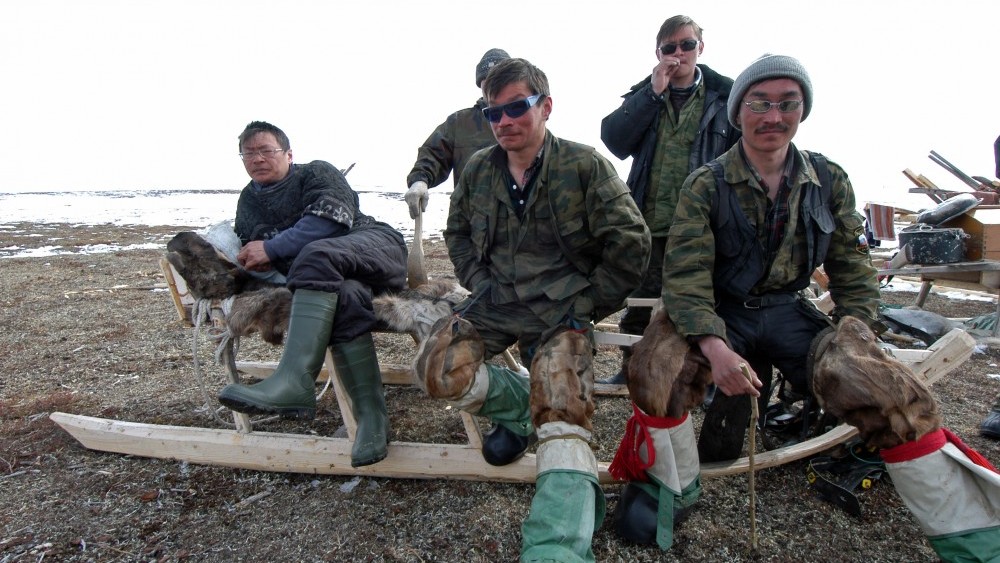
Director of the group, Rodion Sulyandziga, says Russia’s goal with the shutdown is to keep indigenous peoples outside any international, Arctic and UN venues.
Last week’s ruling by a Moscow City court to dissolve the Centre for Support of Indigenous Peoples of the North / Russian Indigenous Training Centre (CSIPN/RITC) triggers protests from Brussels and the Nordic Sami Parliaments.
Representing indigenous voices across Siberia and the Russian north, Rodion Sulyandziga, says to the Barents Observer that hindering contacts with intergovernmental organizations and forums is exactly why the Justice Ministry in Moscow took the case to court.
“That was the goal of Russia. To keep us outside of any International, Arctic and UN venues,” Sulyandziga states.
He fears for the future of international networking.
“It will negatively impact our international, and in particular UN relations, due to the fact we will lose our institutional capacity,” Rodion Sulyandziga explains.
The ruling by the court, however, will be appealed. “We will appeal to the next upper court within 30 days, as is the legal procedures.”
The non-governmental group was funded in 2001 to provide assistance to people in Siberia, the North and Far East of Russia.
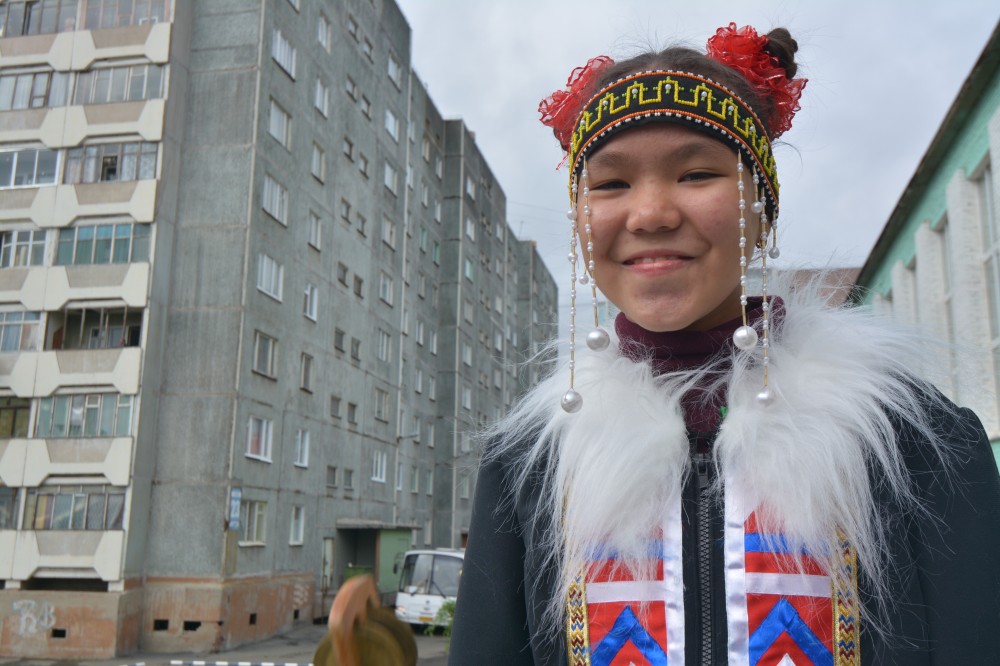
Russia’s Justice Ministry brought the case to court and asked for the shutdown of the organization over multiple violations of the country’s NGO law. It was back in 2015 that CSIPN/RITC was listed as ‘foreign agent’, a branding given to groups that receives funding from abroad and are involved in what authorities defines as ‘political activities’.
The indigenous peoples group then renounced its foreign funding and was removed from the ‘foreign agent’ list. For the Justice Ministry, however, the efforts to shut down the group continued.
“Worrying developments,” EU says
“These worrying developments go against an independent and active civil society, which is an essential element to every democracy,” says Maja Kocijancic, Spokesperson for Foreign Affairs and Security Policy with the European Union.
“It is vital to create the proper conditions of state support for NGOs and to foster an open and inclusive environment for their growth,” Kocijancic continues.
She stresses that the Russian constitution enshrines the fundamental right to freedom of association.
“This is part of the Russian Federation’s international obligations,” Maja Kocijancic says.
On Friday, the case will be a hot topic in Rovaniemi, Northern Finland, as the Arctic Leaders’ Summit will meet for the first time in nearly a decade. The forum, established in 1991, consists of indigenous peoples from across the Arctic, aimed at creating common understanding particularly on matters related to te Arctic environment.
Arctic states and observers to the Arctic Council are also invited to the discussions.
Sami parliament preparing statement
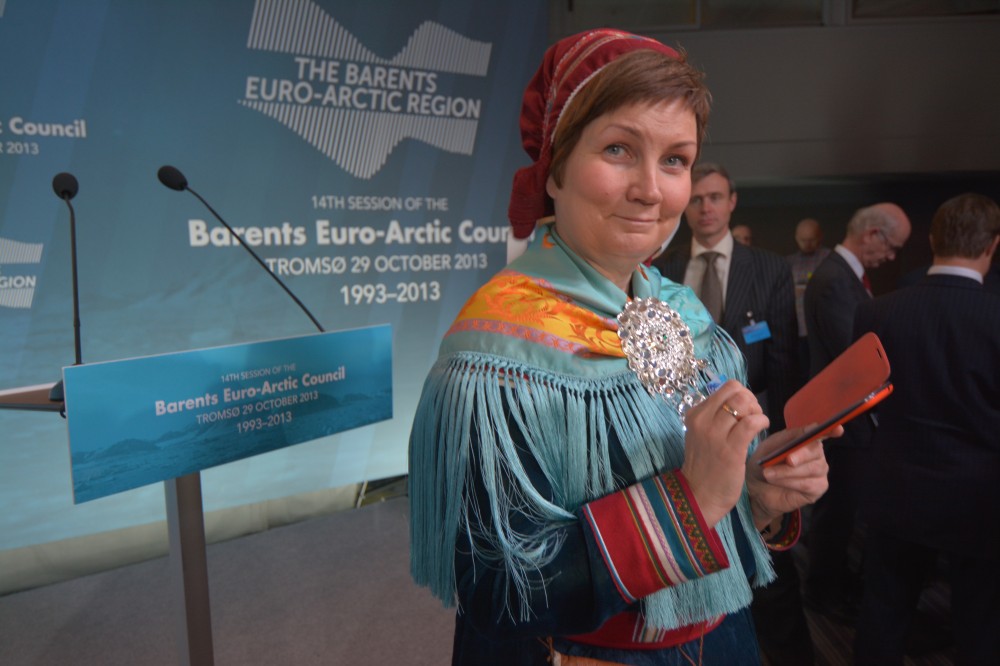
Aili Keskitalo, President of the Norwegian Sami Parliament, says to the Barents Observer that the Sami parliaments in Sweden, Finland and Norway are planning a joint statement about the court’s order to close the Russian group.
“I expect the case to be raised at Arctic Leaders’ Summit in Rovaniemi,” she says.
“All attacks and impediments against the human rights of indigenous peoples makes the work more demanding. Unfortunately, this seems to increase, not improve,” Keskitalo says.
She will also bring the case to the table when meeting Norway’s foreign minister Ine Eriksen Søreide in December.
The Barents Observer has tried to get a comment from the ministry, to no avail.
Previously, though, when taking over the chair of the Barents Council in October, the foreign minister told the Barents Observer that civil society will be a focus area for the Barents cooperation during the chairmanship period that last until autumn 2021.
“We regularly address this in our dialogue with Russian authorities,” Søreide Eriksen said when especially pointing to the conditions for NGOs, the media and indigenous peoples.
Related stories from around the North:
Canada: Ottawa seeks judicial review in decision to compensate First Nations kids, CBC News
Finland: Finland’s Indigenous Sámi score victory in fishing dispute, Yle News
Russia: More protected lands on Nenets tundra in Arctic Russia, The Independent Barents Observer
Sweden: Indigenous Sami groups face each other in Swedish court over reindeer grazing rights, Radio Sweden
United States: US Senate passes bill with funds for missing and murdered Indigenous women, Alaska Public Media


